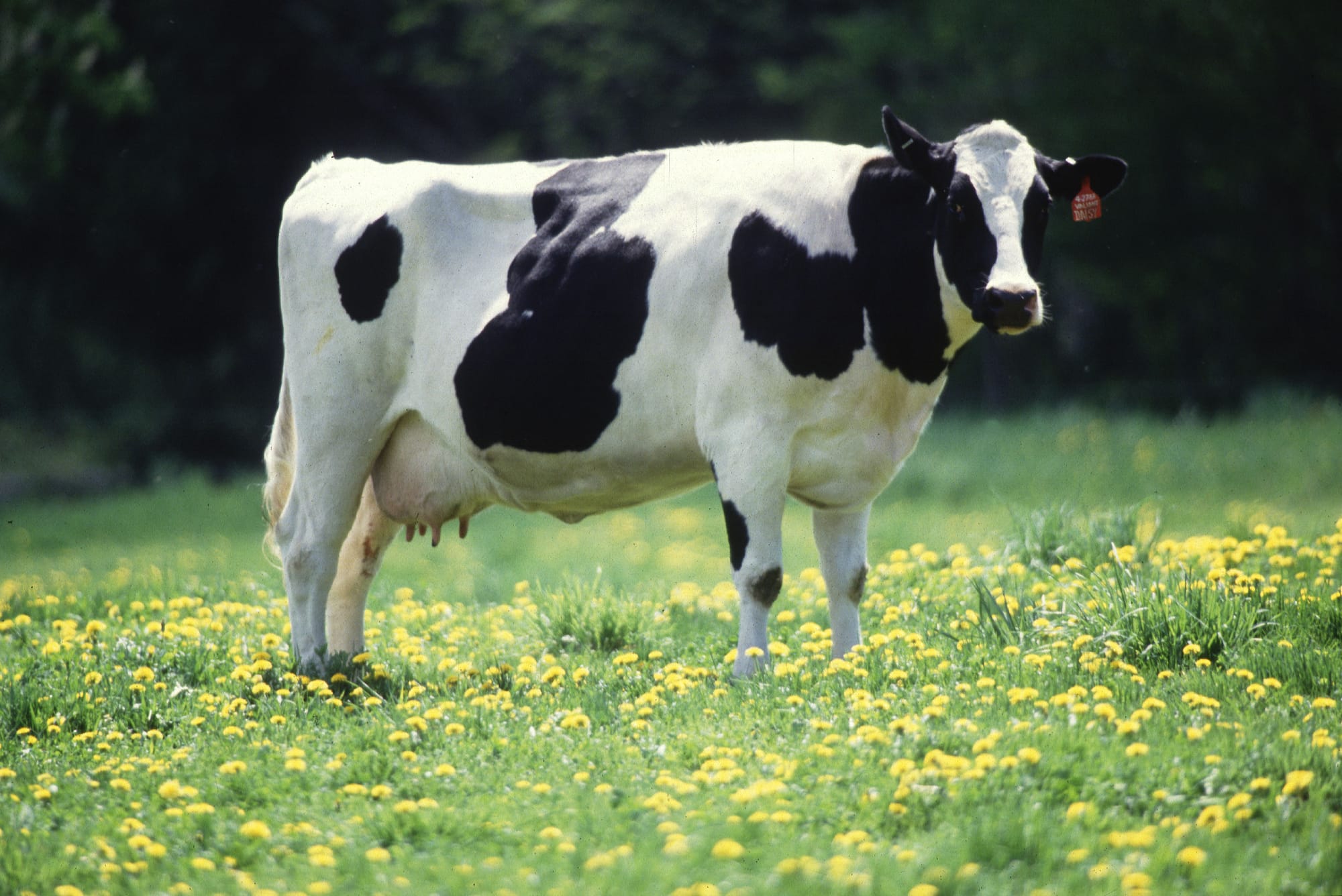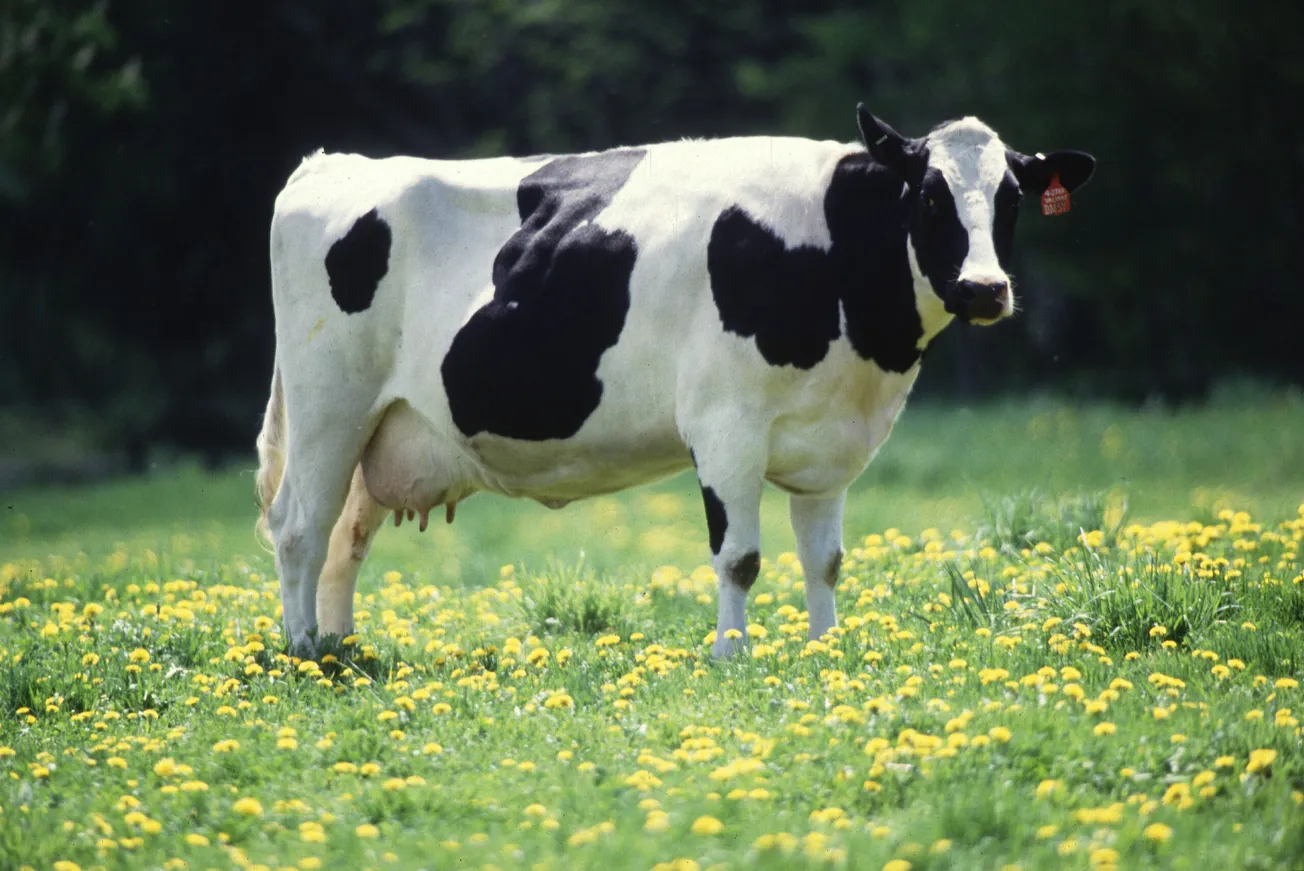Table of Contents
As a child, it was fun to make daisy chains. A group of little girls, yes often girls would pinch a hole in the stem and thread the next daisy stem into the gap. Then repeat. It was a simple activity. Those were the days. There was great delight in making bracelets, and necklaces, or winding them around your hair to make a headband once it was long enough. The little flowers grew up when the lawns weren’t cut too low or too often. There was always the anxious hope that the chain would not break.

Another fond memory is of Daisy, the cow. Look at those eyelashes. Cute as! Beautiful gentle Daisy, who produces milk that is made into cheese, yoghurt, and other delicious products for New Zealanders to consume.

Last week the irony was not lost. A laboratory called Daisy Lab Ltd was in the news and cows didn’t feature very well. The subject was nothing new, here.
The science is as settled as it will be .[…] That is, it is safe, there are no significant ecological or health concerns associated with the use of advanced genetic technologies.[…]
Former PM’s Chief Science Advisor, Sir Peter Gluckman. TVNZ’s Q & A. 01.07.18
Last year a bold election promise was made. A National government will end New Zealand’s ban on gene editing and gene modification to unlock enormous benefits for climate change, agriculture and health science, National’s Science, Innovation and Technology, spokesperson Judith Collins announced.
Sure enough, true to their word. Daisy Labs’ dairy-identical proteins application is approved via Environmental Protection Agency (EPA) fast track to use genetically modified organisms (GMO), the Farmers Weekly reported on 17.05.24.
Dr Chris Hill, EPA’s general manager for hazardous substances and new organisms, said precision fermentation has the potential to offer significant savings in land use, water use and reduction in carbon footprint.
The Daisy Lab website is here.
…For decades now New Zealand has relied on cows for dairy production – we are one of the world’s leading dairy exporters, shipping close to 4 million tonnes of dairy products around the world each year…
…It’s time for a change.
We believe that with New Zealand’s world- leading expertise in dairy processing and high-quality food manufacturing, we are perfectly positioned to embrace a new way of creating delicious dairy products – without needing any cows involved.
Other Western countries are producing dairy-free protein food for human consumption. Mass production using precision fermentation is on the rise and is safe, they declare.
It involves using micro – organisms to make proteins identical to those found in nature, including those from cow’s milk. In this case, yeasts are genetically modified so when they produce a protein …with any genetically modified organisms (GMO’s) harvested out of the final product.
Matt Gibson – New Culture of a start up in San Francisco says,
More efficient technology always wins.
“This is going to start out as a premium niche product. But very quickly it will become the mainstream product of choice,” he adds. “We are going to disrupt an industry.”
Not everyone is happy.
The GE – Free New Zealand – in food and environment (RAGE Inc.) raises their concerns about the safety of the growing industry of alternative proteins. Are ‘any genetically modified organisms (GMO) harvested out of the final product’?
The Daisy Lab says it is for “disrupting high intensity dairying and reducing emissions” [2], but the protections are weak, and other risks from the Daisy Lab experiments are not addressed in the EPA decision.[3]
The contained laboratory is a PC1 security laboratory. The staff will be trained in using the chemicals that are hazardous and where human error could be catastrophic to workers.
They are not happy with the lack of public consultation and the speed at which approval was given.
The Environmental Protection Agency (EPA) has approved a large-scale fermentation laboratory for production of synthetic genetically engineered (GE) milk proteins. “The EPA approval to Daisy Lab was done under “fast track” and only took 10 days to evaluate with no public notification. [1] There was no community or stakeholder consultation.
“This is an example of what the proposed Fast Track Bill has for democracy, where public participation in decisions will be eliminated” said Claire Bleakley, GE-free NZ president.
A recent article Nightmare Ingredients of Bill Gates’s Impossible Burger development is not as convincing as publicised.
https://www.conservativewoman.co.uk/nightmare-ingredients-of-the-impossible-burger/
.[…]There is good news for real food enthusiasts: after a promising financial start, the fake food industry is failing in some quarters, despite celebrity endorsements and the financial backing of Leonardo DiCaprio and Kim Kardashian. For example Beyond Meat was valued at $11.7billion in 2019 but slumped to £981million in 2023. Fake meat is not cheap either. Last year two Beyond Burger patties at Tesco cost £4 while four of their own-brand beefburgers were £2.59. Beyond Meat cost £17.70 a kilo while real meat, from real cows, farmed by real farmers, was £5.70 per kilo.
What began as a revolution is turning into a revolt with consumers seeing through the dishonest marketing and questioning whether 20-plus ingredients can really be classed as green or healthy. After all, consumer demand for natural foods has increased alongside nutritional awareness.
Perhaps the last word should go to Vandana Shiva, who said: ‘Real food gives us a chance to rejuvenate the earth, our food economies, food sovereignty and food cultures. Food is not a commodity. It is not “stuff” put together mechanically and artificially in labs and factories. Food is life.’
The Conservative Women, Sally Beck 20.05.24






